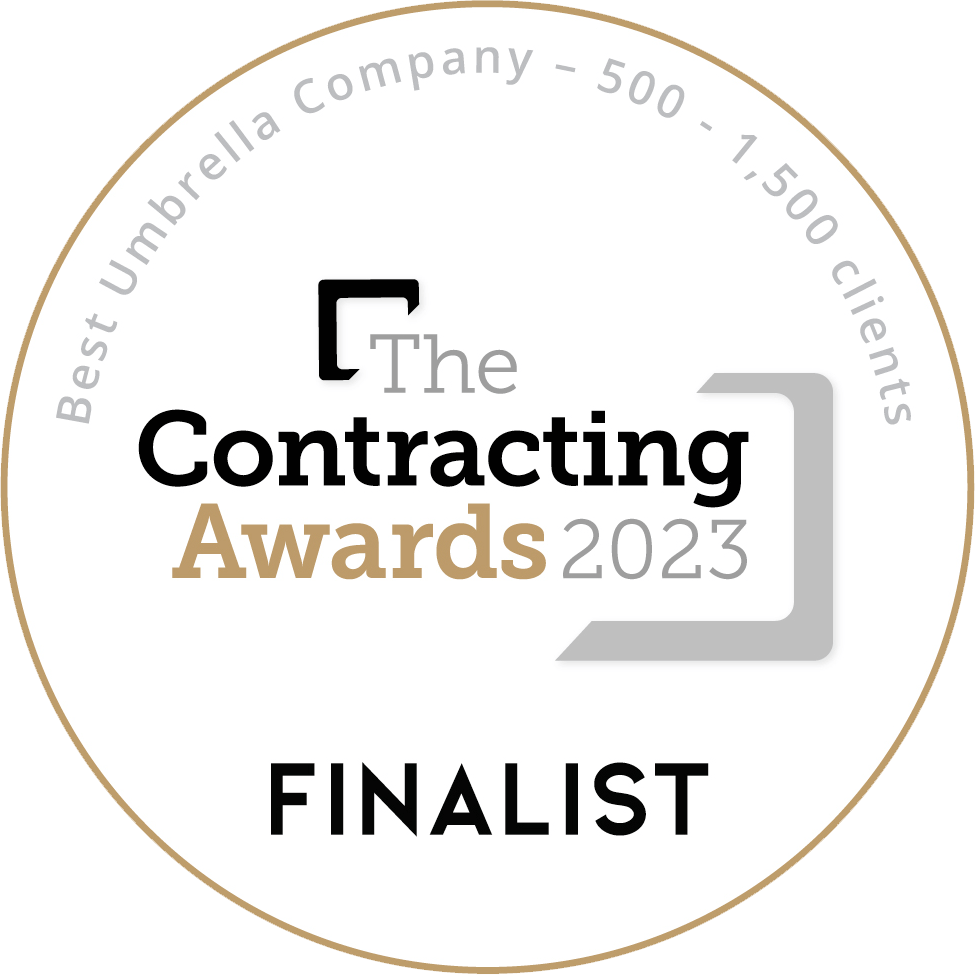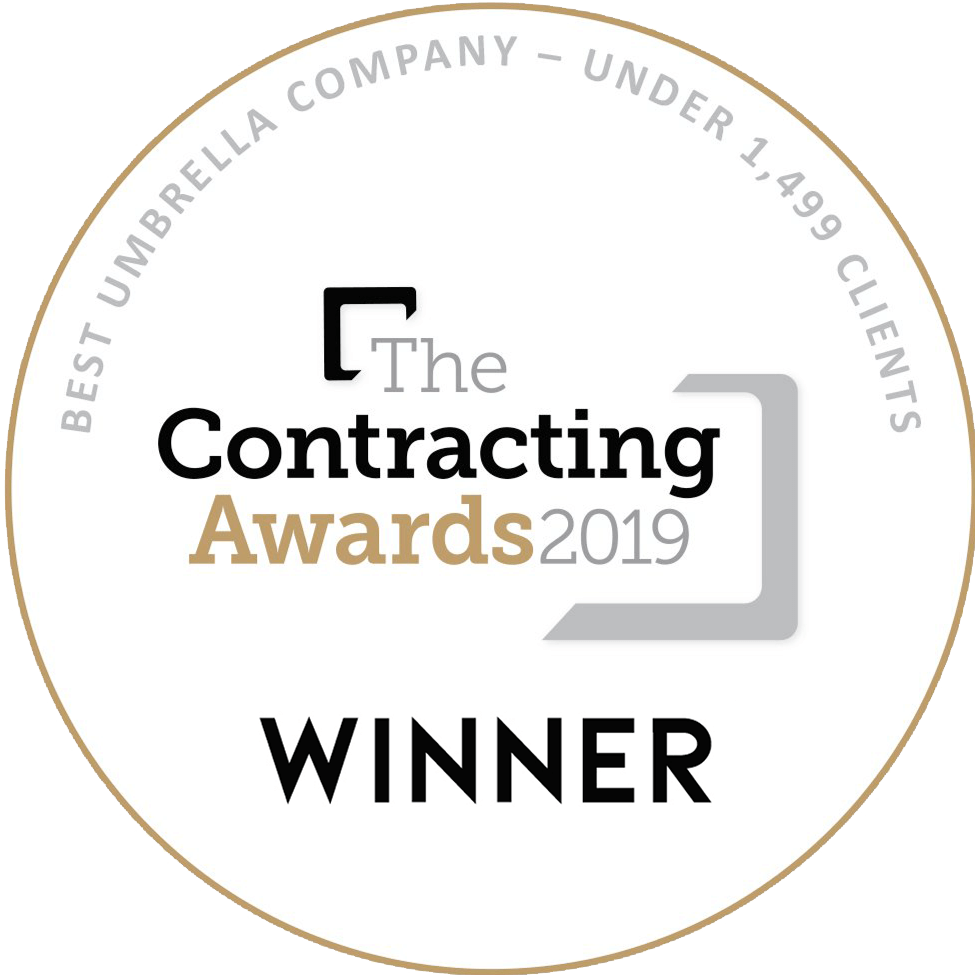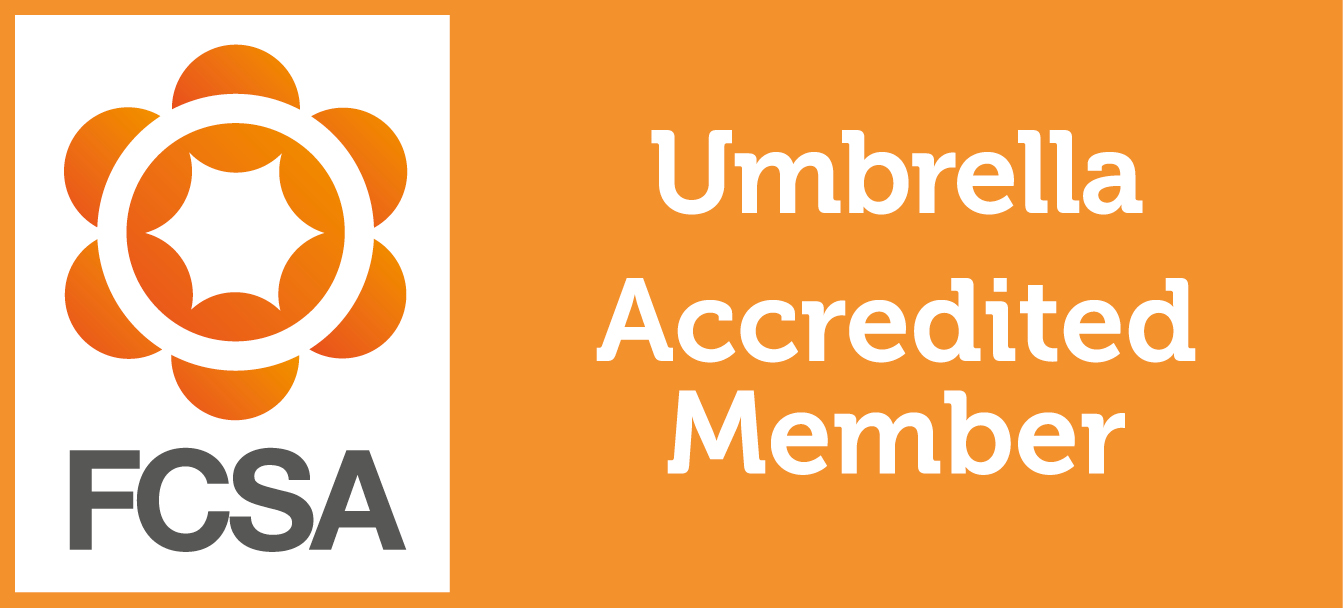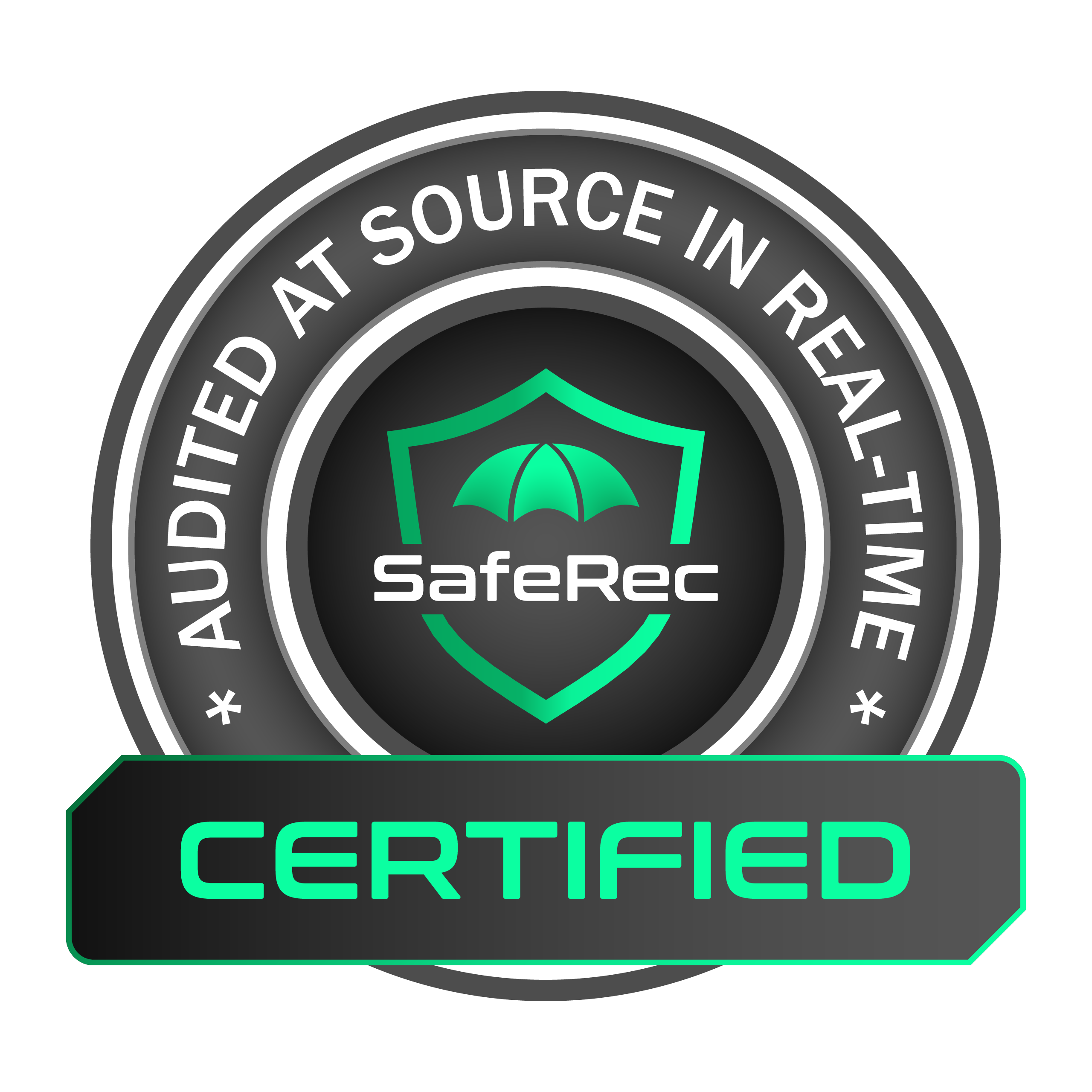Does IR35 apply to sole traders?
If you are contracted to provide services to a client organisation in any capacity, then you may be unclear as to whether the way you have designated your business puts you inside or outside IR35. Because IR35 is designed to prevent contractors from paying less tax than their employed counterparts, it is often assumed to be a catch-all measure designed to penalise anyone who is not employed in the traditional sense.
In fact, it does not aim to discourage off-payroll working, but simply to place as many workers on a level playing field as possible when it comes to tax. Even so, IR35 applies broadly only to those working in capacities which might once have been deemed ‘disguised employment’, such as PSCs (personal service companies).
What is IR35?
Originally introduced in 2000, the off-payroll working rules (IR35) were designed to close a loophole by which contractors and freelancers could avoid tax – by working in exactly the same manner as regular employees, but through an intermediary such as a PSC. The rules aim to ensure that these workers are taxed to the same extent as if they were directly employed by the company receiving the service.
HMRC’s criteria for determining whether a worker is inside or outside IR35 has largely been that ‘if it looks, works and acts like an employee, then it is an employee’. However, for many years this was not being implemented in the most effective way, as the responsibility of designating employed or self-employed status remained with the worker. It has become clear in recent years that billions have been lost as a result of this practice, and HMRC has therefore made a number of further changes to IR35 in recent years in order to tighten the regulations.
What amendments have been made to IR35?
In the public sector, the client receiving the service has been responsible for designating the employment status of a worker since 2017. This update is set to be expanded to the private sector and other sectors in April 2021 (the change was originally slated for 2020 but was postponed). Despite these expansions, there continue to be certain workers such as sole traders who are not generally impacted by the regulation.
What is a sole trader?
Legally, a sole trader is someone who both owns and runs their business, which has no separate identity from the person themselves. It is often said that if you are a sole trader, you are the business – and there are certain benefits to being a sole trader such as increased flexibility and greater control over assets and profits. However, sole traders are also personally liable for their business debts, which can present significant challenges during times of financial difficulty.
Does IR35 apply to my business if I am a sole trader?
If you are a sole trader, you are not affected by IR35, as the legislation applies only to incorporated companies. However, the rules around designation of employment status – which are closely tied to IR35 – affect everyone who provides a service to a client including sole traders.
Under the updated rules, the responsibility for designating your self-employed status as a sole trader rests with the company receiving your services, and the company would be liable if an HMRC investigation found evidence that employment status had been designated incorrectly.
Just as with whether a worker is inside or outside IR35, employment status is based on the nature of the work that you carry out – and whether you have a sufficient level of control over your own work to be considered self-employed. Sole traders work in a manner which is considered highly unlikely to fall inside IR35.
What are my tax obligations as a sole trader?
If you are a sole trader, the income generated by your business will be personal income. It is your responsibility to complete a self-assessment tax return every year which details all business income and expenses.
As a sole trader, you need to pay the following to HMRC:
- Income tax
- Class 2 and Class 4 National Insurance contributions
- Regular VAT payments if you are registered for VAT
If anyone else is employed by your sole trader business, you must set them up as a PAYE employee and make the relevant tax and NI contributions alongside your own.






